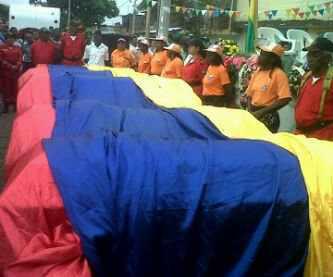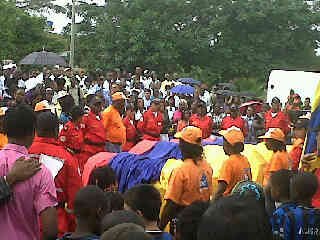Villa Rica, in tears after the violent attack, is raising its voice calling for peace and asking for the police station to be rebuilt outside the area where people live.
In the first half of February, two attacks on the police caused the death of Colombian civilians in two different Afro-Colombian localities, with some of the most vulnerable sectors of Colombian people, Tumaco in Nariño, and Villa Rica in the Cauca region.
‘Civilians never count’
The explosion in the town of Villa Rica caused the death of 7 people, including 5 civilians, and more than 40 wounded. News reports on this issue focused on official statements by the police and other authorities as to the responsibility for the attack, completely ignoring issues of community safety. However, the state has a major responsibility to protect its citizens from the conflict, especially those in poor rural and most vulnerable communities – but security of civilians is never the priority of Colombian authorities. This appears to be the rule in the Colombian conflict.
The attack on the municipality’s police station not only killed two policemen and destroyed the police station; it killed 5 civilians and affected the whole community, completely wrecking some private houses around the station and severely damaging the whole block. Who is to blame? The people of Villa Rica consider that any one of the armed groups that operate in the region could have placed the bombs, but what they don’t understand is why the civilian population is always used as a shield by police and army, in the middle of an armed conflict that is now 60 years old.
The police station of Villa Rica was built only in 2006 after the demolition of a state school on the site by the municipal authorities. Today, hundreds of children in Villa Rica have no access to primary education because of the lack of schools. The community, like other poor communities in the rural areas of Colombia, suffers a lack of state presence in terms of schools, health centres, and access to safe, clean drinking water. This is the kind of service they need in the town – police stations are targets in the Colombian civil war and shouldn’t be placed in densely populated areas. The media and the Colombian authorities have ignored the community’s feelings and requests.
‘No to the violent acts, there are other ways to change the world’
The victims were buried on 4th February and a march for peace organised on 7th February, in which around 3,000 people participated to say “No to the violent acts, there are other ways to change the world”, to call for peace, to express their concerns about their security and to demand the relocation of the police station to a new position away from the population centre – the presence of the police station in the middle of the town endangers, rather than protects, civilians from the conflict.
While this is the first time that Villa Rica has experienced such a violent attack, they have long experience of the violent conflict. Villa Rica has suffered from the close presence of paramilitary groups in the area, the influence of armed groups in its political process, the invasion of sugar cane plantations that surround the town (and which has slowly displaced farmers from their land) by unlawful and sometimes violent means, threats to its community leaders, and last but not least, the suffering resulting from poverty and institutional abandonment. All of these are caused by or related to the Colombian conflict, so there is no single town that can be considered to live in peace, safe from violent threats. For these reasons we support the community in asking the Colombian authorities to move the police station out of the town and also in calling for an end to the armed conflict that affects poor communities more than anyone else in the country.
Solidarity with Villa Rica
The Colombia Solidarity Campaign has been showing its solidarity to the community of Villa Rica through different educational and cultural activities and visited Villa Rica during the last delegation in summer 2011. We have experienced people’s desire to live in peace and to organise for a better life through traditional self-sustainable agricultural projects and to oppose the expansion of the sugar cane plantations that surround them.
We will continue with our solidarity towards this and other communities in Colombia and encourage the international community to do the same, leaving aside the media and listening to the people, who often tell us a very different story.
Immediately After the Attack
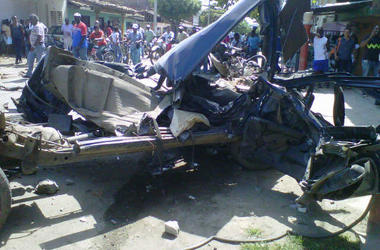
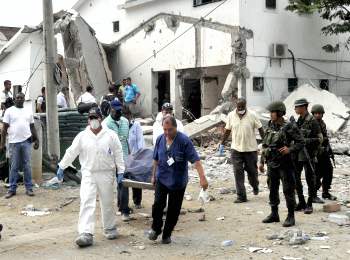
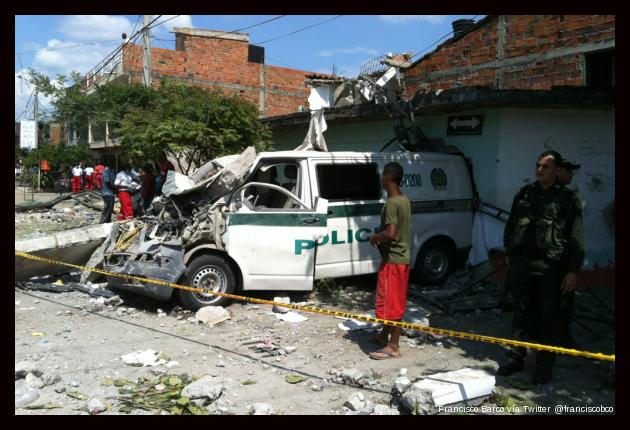
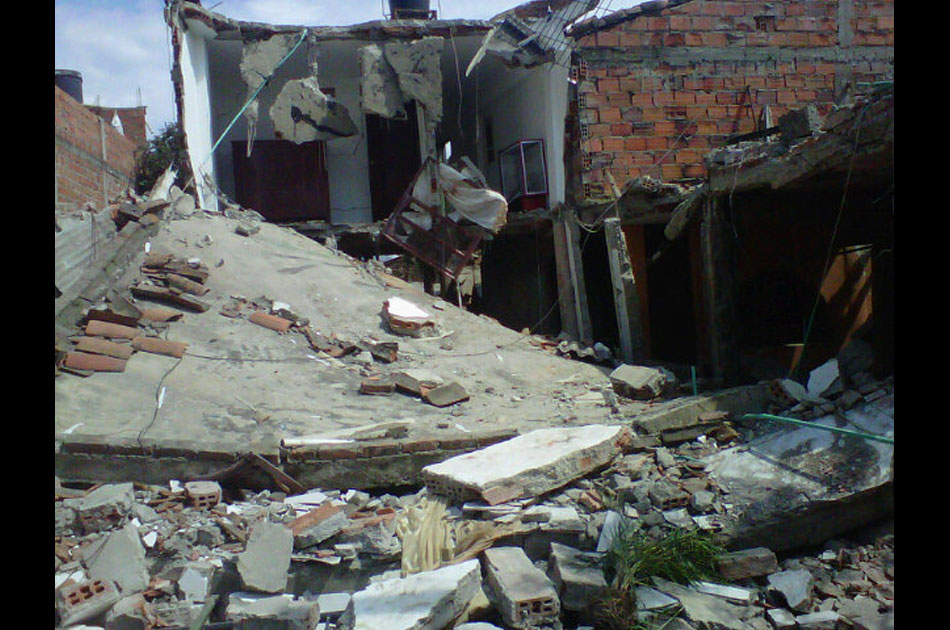
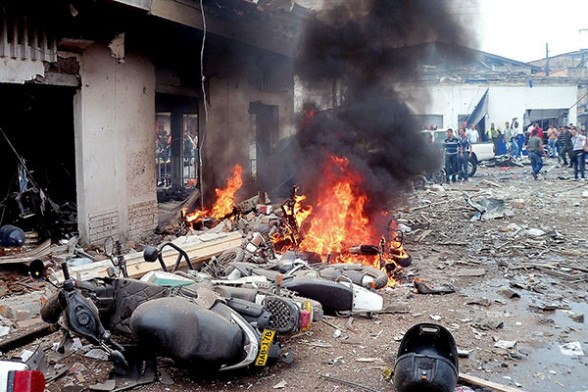
Community-led March for Peace and Against the Presence of all Armed Groups in the Area
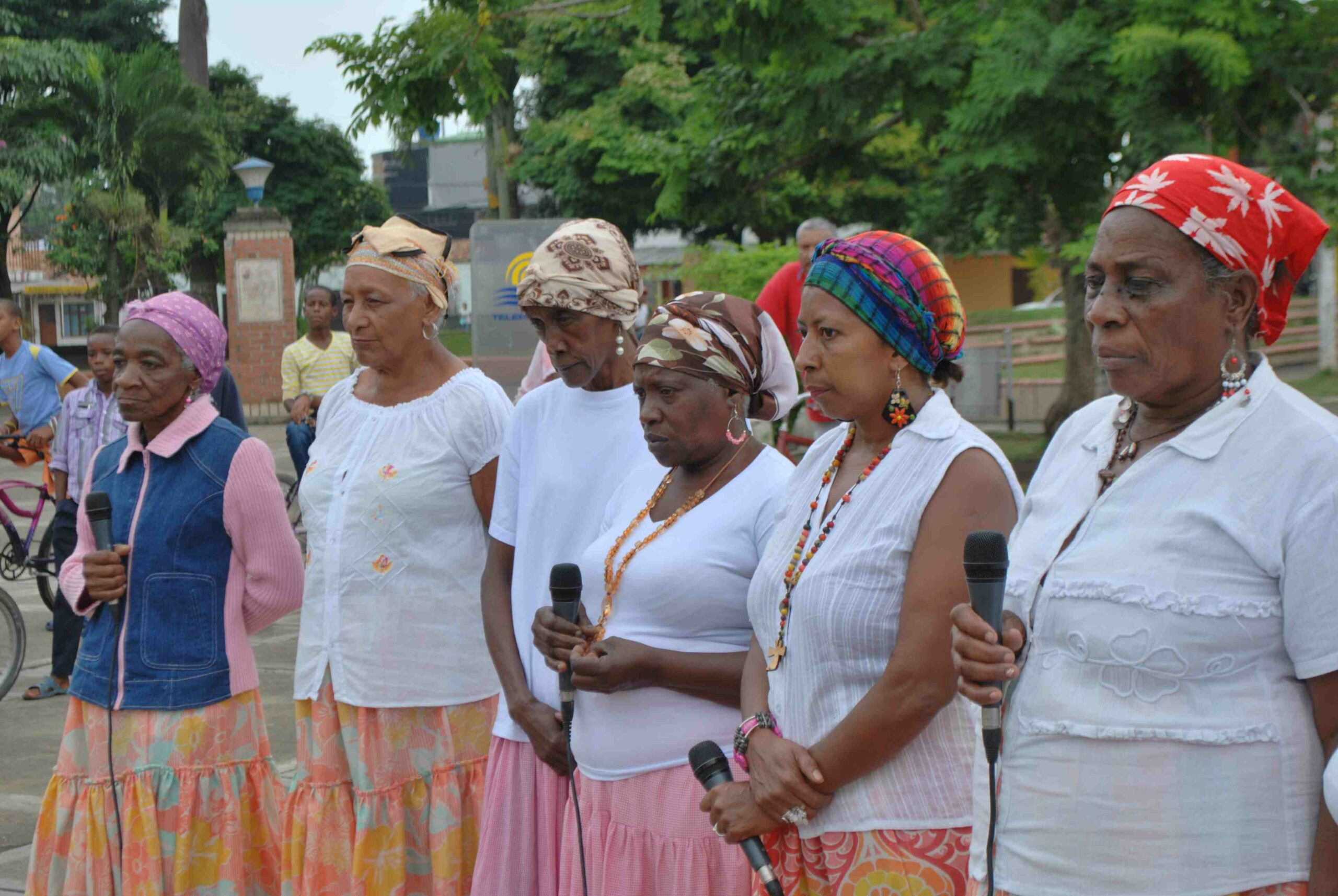
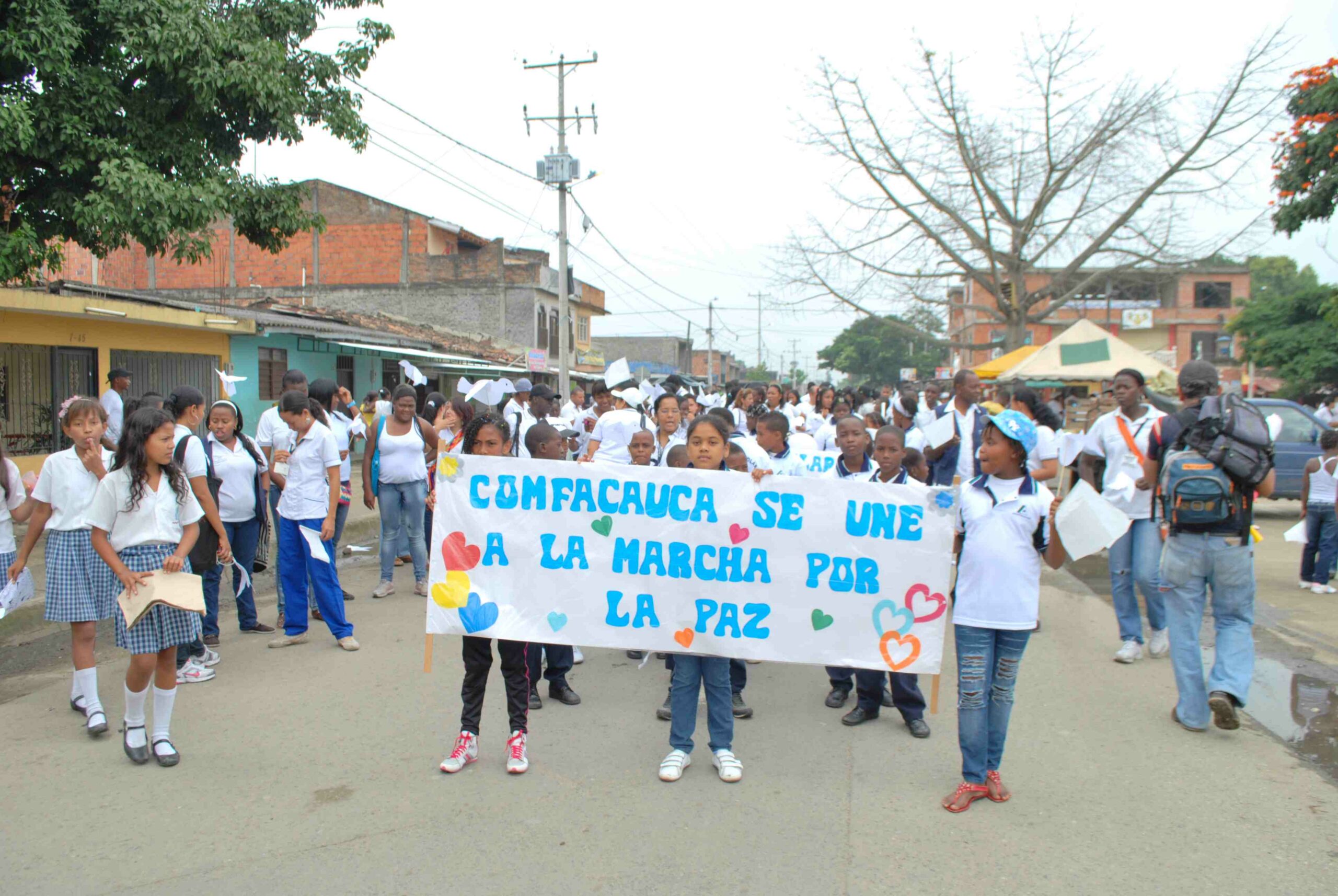
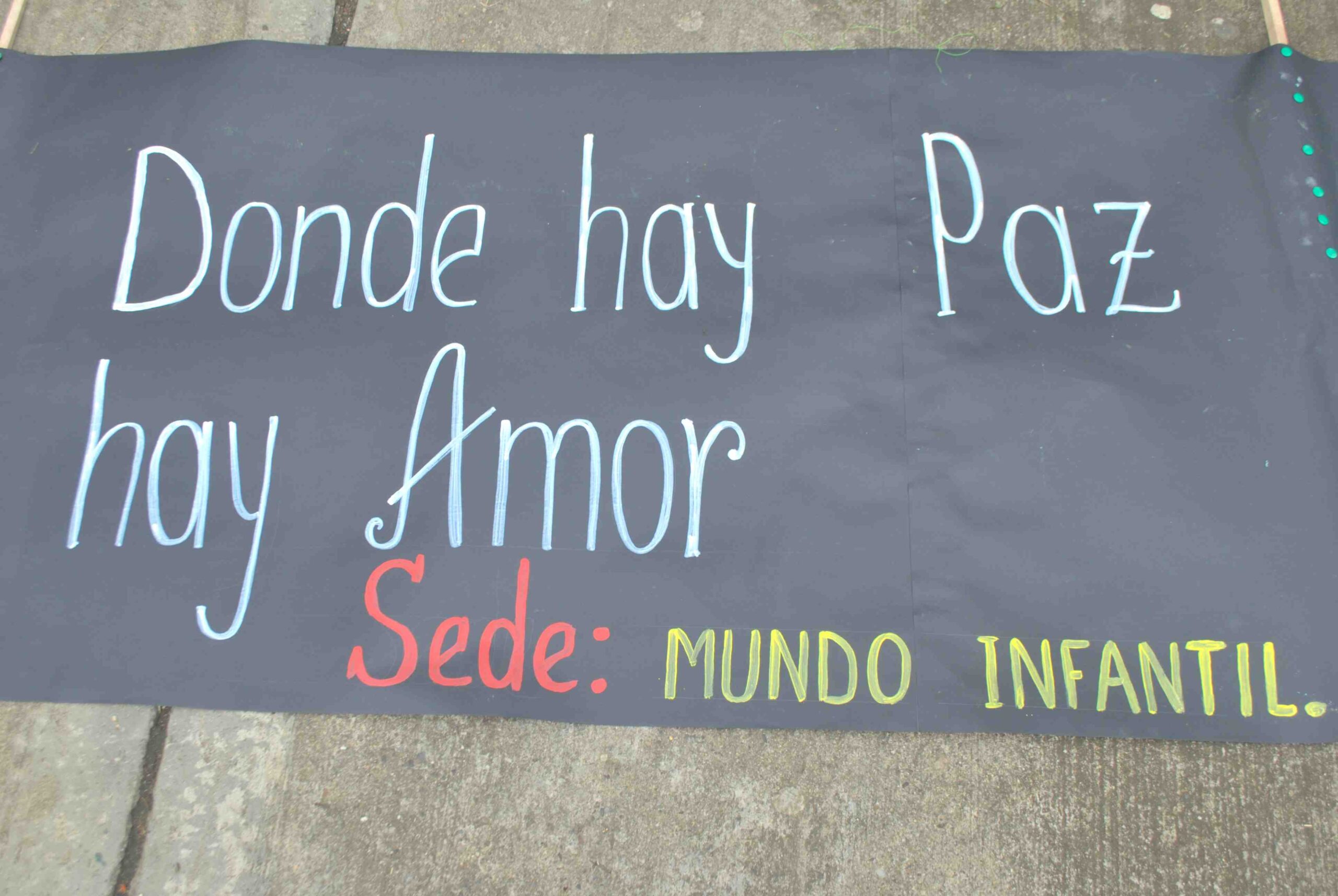
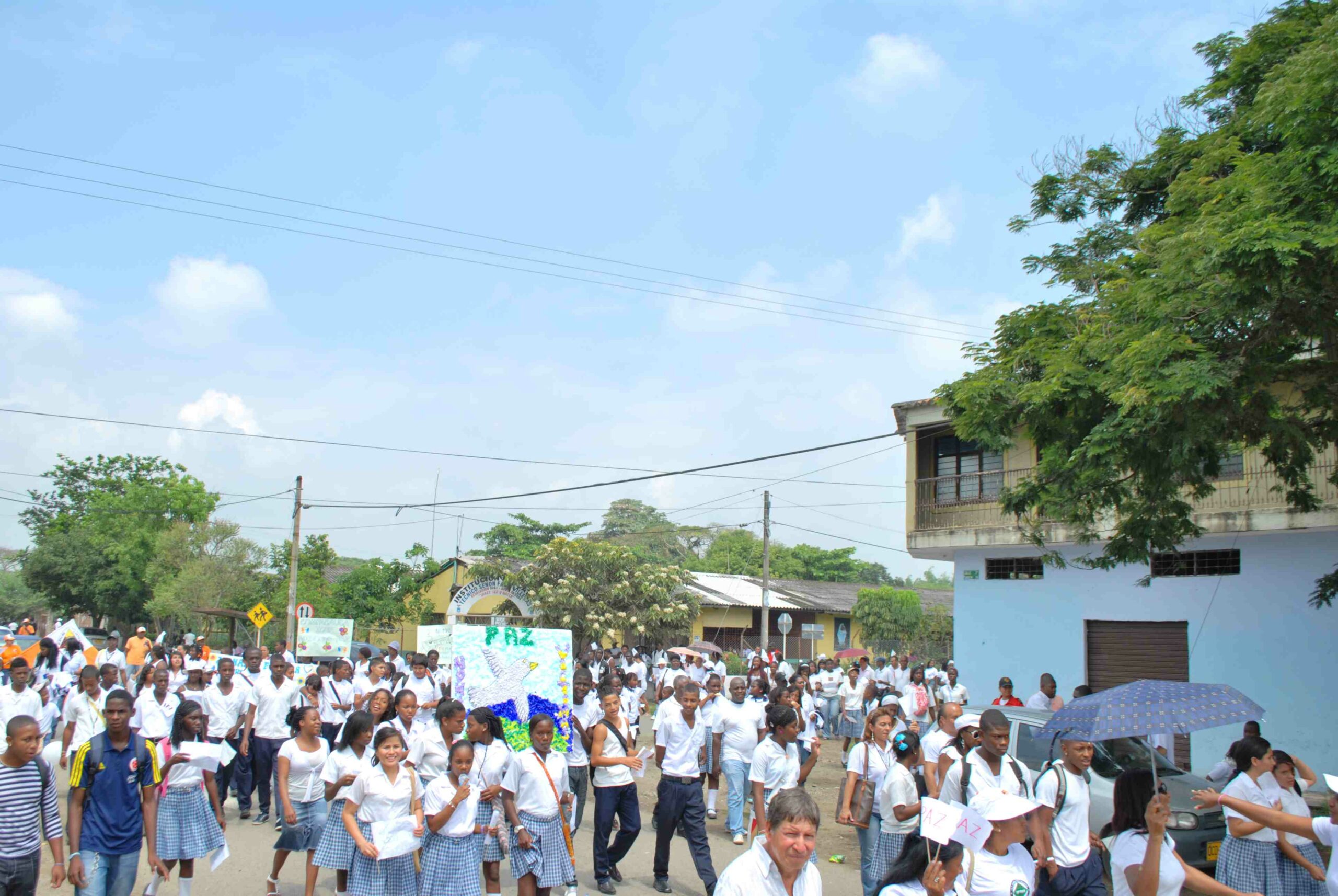
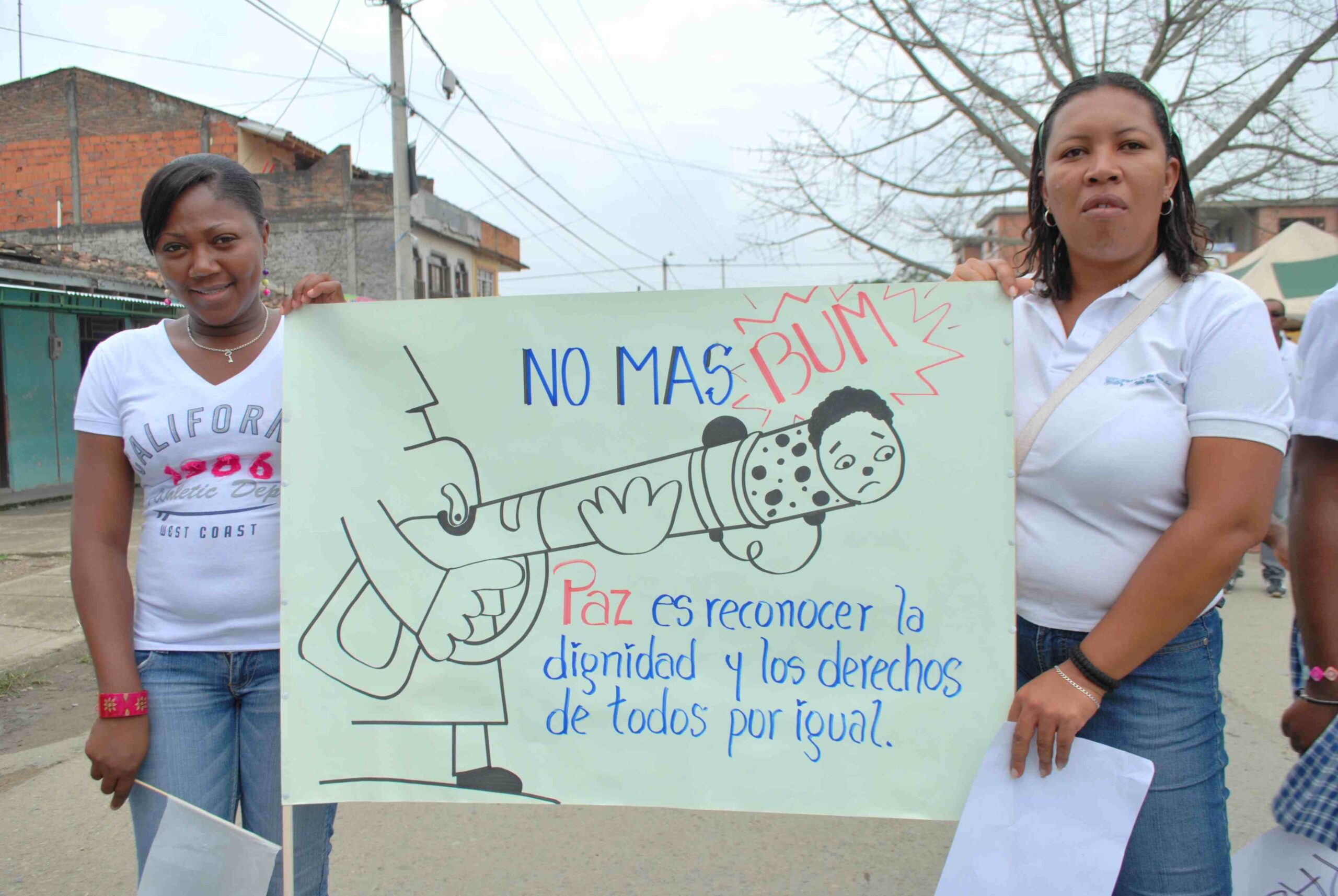
Funeral for the Victims of the Attack
